
Why You Should Never Pour Hot Water into Your Kitchen Sink
Have you ever wondered why it’s not recommended to pour hot water into your kitchen sink? Many people have the habit of pouring hot or even boiling water directly into the sink with the intention of cleaning unpleasant odors or unclogging drains. However, this seemingly simple action can actually cause serious damage and is considered a mistake.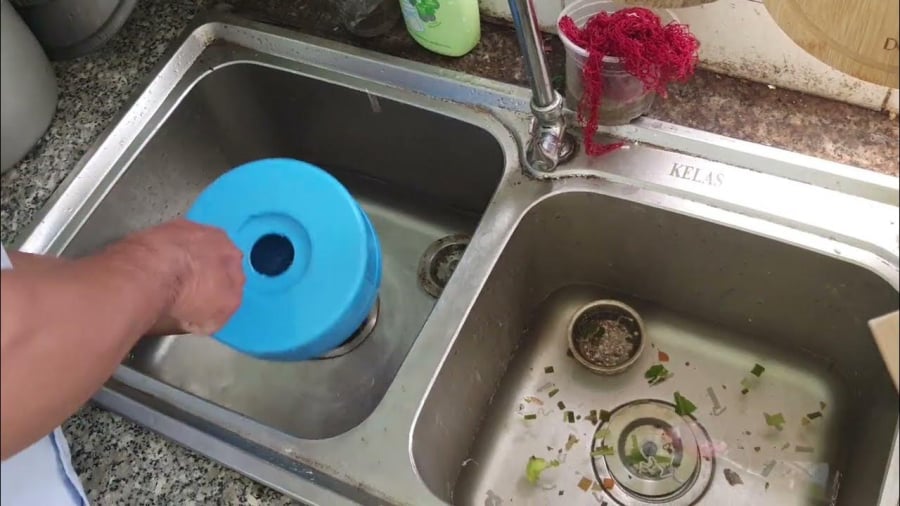
Why is pouring hot water into the kitchen sink a bad idea?
The pipes under your kitchen sink are usually made of plastic materials designed to withstand some heat. However, repeatedly pouring very hot or boiling water into these pipes can cause significant damage over time.
The harm caused by pouring hot water into the drainage pipes
1. Damage to the drainage system
Kitchen sink pipes are typically made from plastic materials that can endure moderate heat. But if you frequently pour boiling water or very hot water down the drain, it will reduce the lifespan of these pipes. For instance, the average drainage pipe can last anywhere from 30 to 50 years under normal conditions. However, frequent exposure to hot water can drastically shorten this lifespan, causing the pipes to wear out prematurely.
2. Deformation and cracking of pipes
Different types of drainage pipes have varying heat resistance levels. Some pipes can only tolerate temperatures up to 60 degrees Celsius. Pouring water hotter than this can cause the pipes to deform or even crack due to the heat. Once the pipes are cracked or damaged, they might leak, which can lead to water damage, unpleasant smells, and unsanitary conditions in your kitchen.
What should you do to avoid clogged drains caused by grease?
Pouring hot water isn’t an effective way to clear grease buildup in your sink. Instead, here are some safer and more efficient methods to maintain your drainage system:
1. Pre-treat grease stains on dishes and cookware
If your dishes, pots, or pans have a lot of grease, use a paper towel to wipe off excess grease before placing them in the sink. Dispose of the grease-soaked paper towels in the trash. This not only makes washing easier but also reduces the amount of grease going down the drain, preventing blockages.
2. Use specialized drain cleaners
There are many enzyme-based drain cleaning products available in the market that safely dissolve grease and organic buildup. These products use natural enzymes to break down grease and inhibit the growth of bacteria that cause bad odors. When used according to instructions, they clean thoroughly without damaging your pipes or harming the environment.
Additional tips to protect your kitchen plumbing
-
Avoid pouring grease or oil down the drain: Always dispose of cooking oils and grease in a separate container and throw them in the trash after they solidify.
-
Regular maintenance: Schedule periodic cleaning of your sink pipes using enzymatic drain cleaners or call a professional plumber for inspection.
-
Use strainers: Install strainers over your sink drain to catch food scraps and prevent them from clogging your pipes.
By following these precautions, you not only protect your kitchen plumbing but also maintain a cleaner and healthier kitchen environment. Remember, pouring hot water down the sink might seem like a quick fix, but it can lead to costly repairs and plumbing problems in the long run.
News in the same category

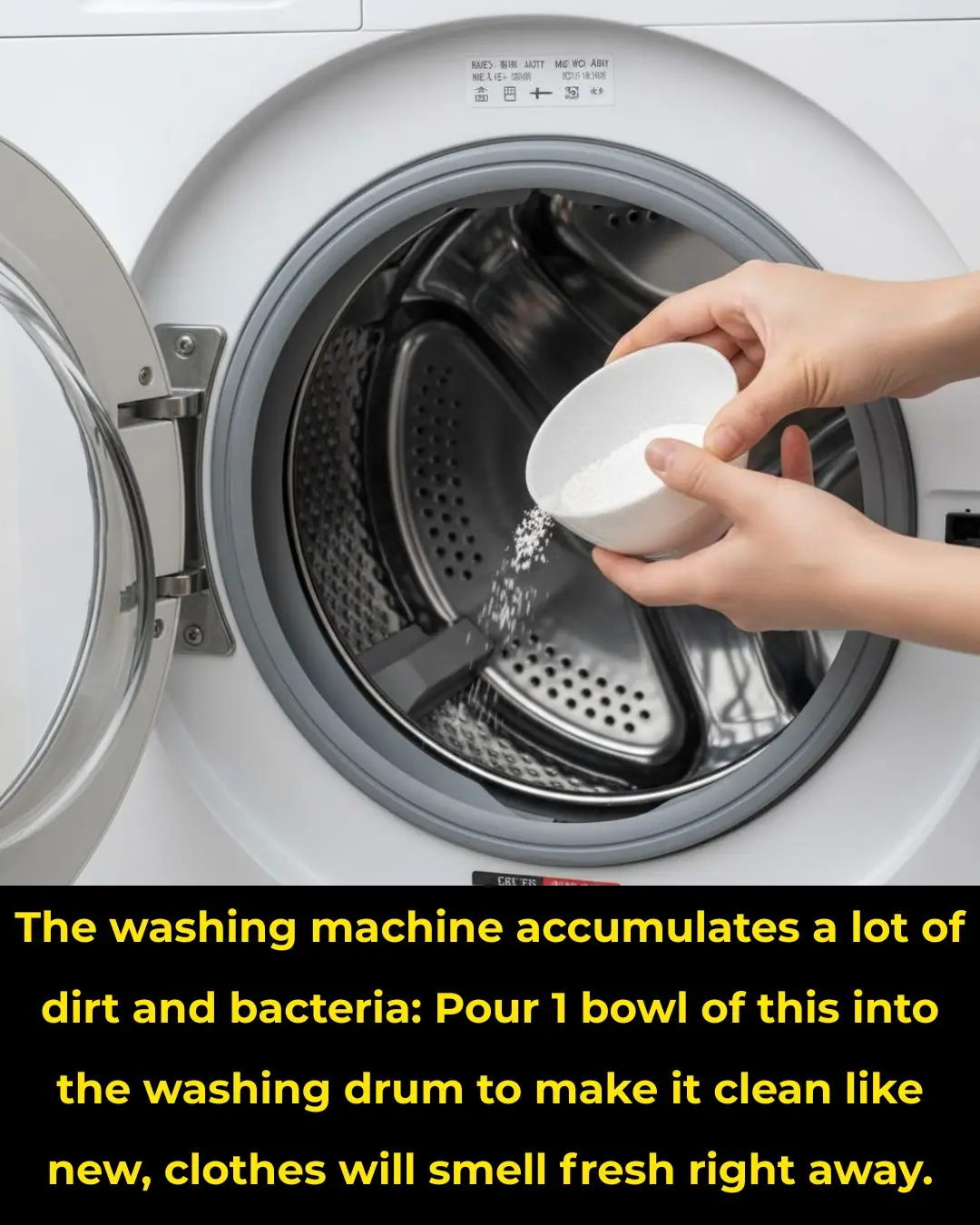
The washing machine accumulates a lot of dirt and bacteria: Pour 1 bowl of this into the washing drum to make it clean like new, clothes will smell fresh right away
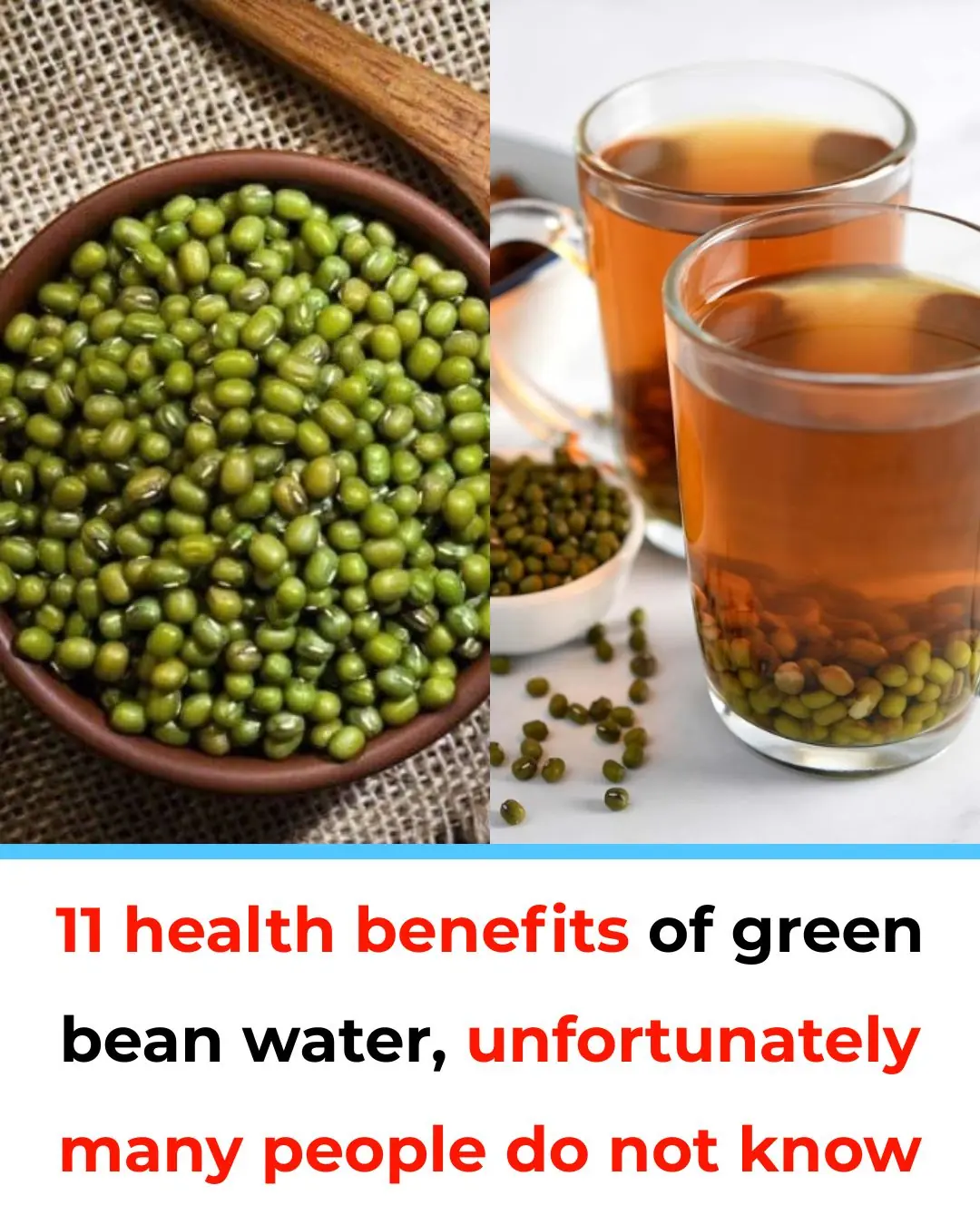
11 health benefits of green bean water, unfortunately many people do not know
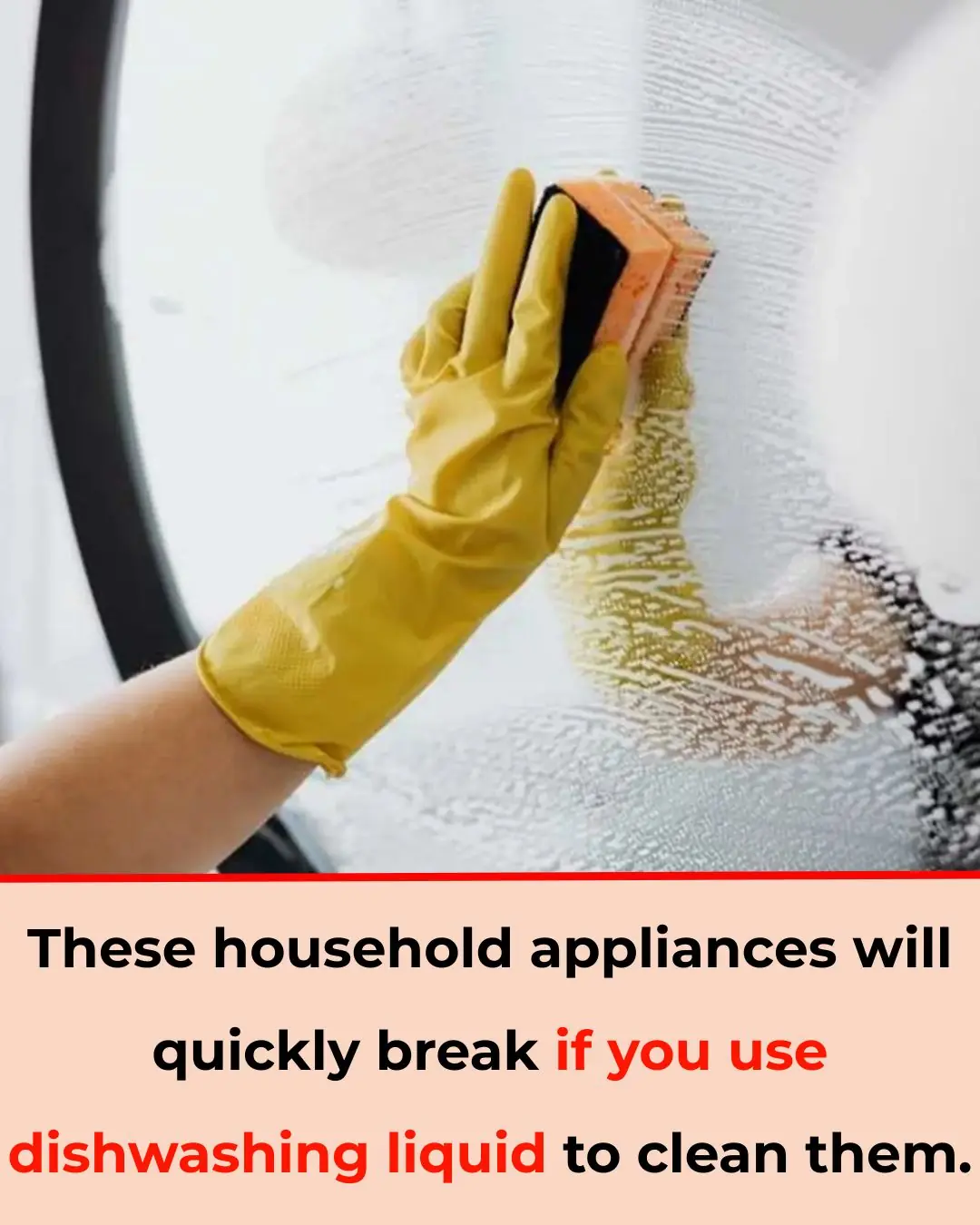
These household appliances will quickly break if you use dishwashing liquid to clean them

How to Dry Clothes Quickly and Odor-Free on Damp, Humid Days — No Dryer Needed
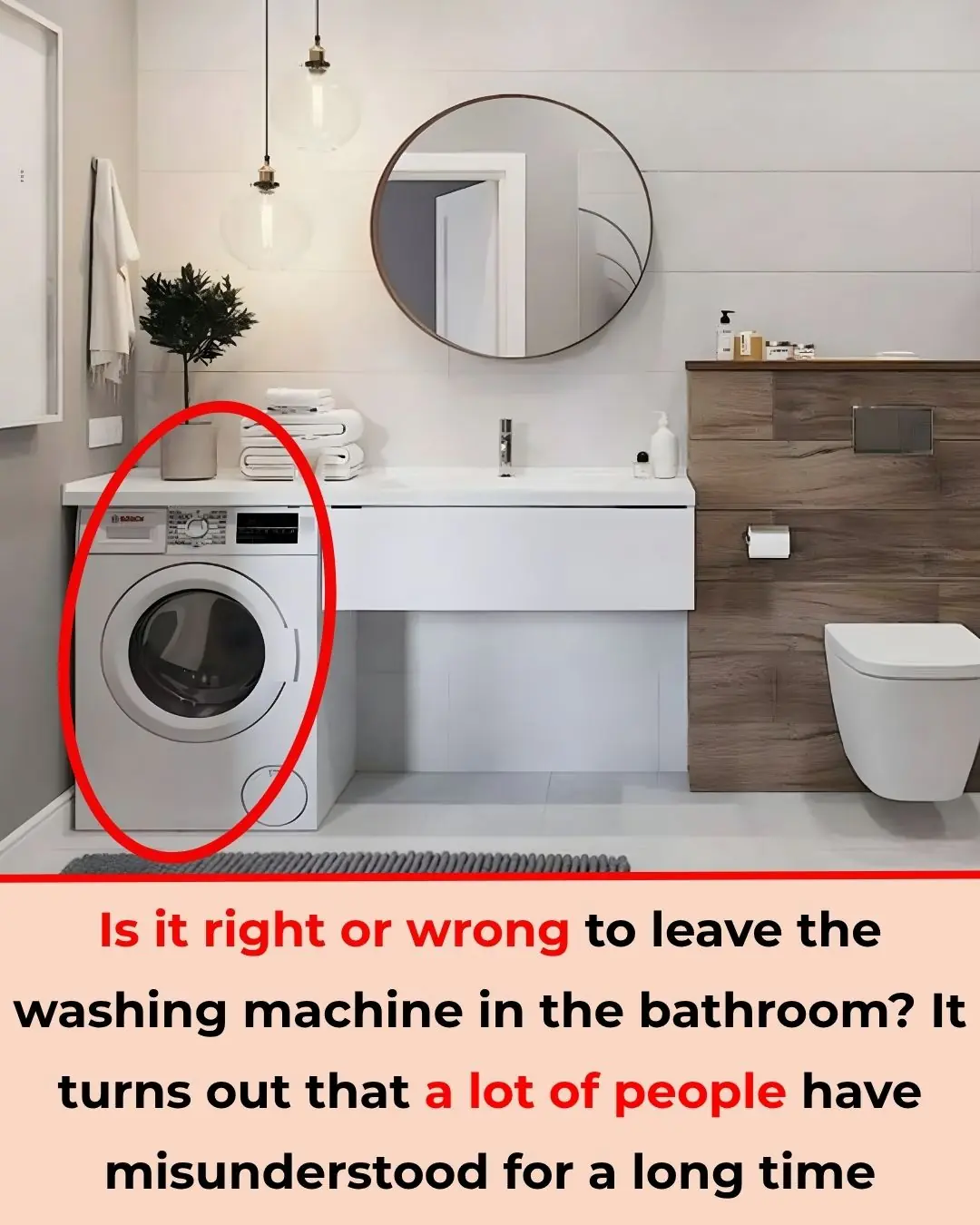
Is It Right or Wrong to Place a Washing Machine in the Bathroom? Turns Out, Many People Have Been Mistaken All Along

The 4 Warning Signs Your Body May Show 15 Minutes Before a Stroke – Recognize Them and Call for Help Immediately
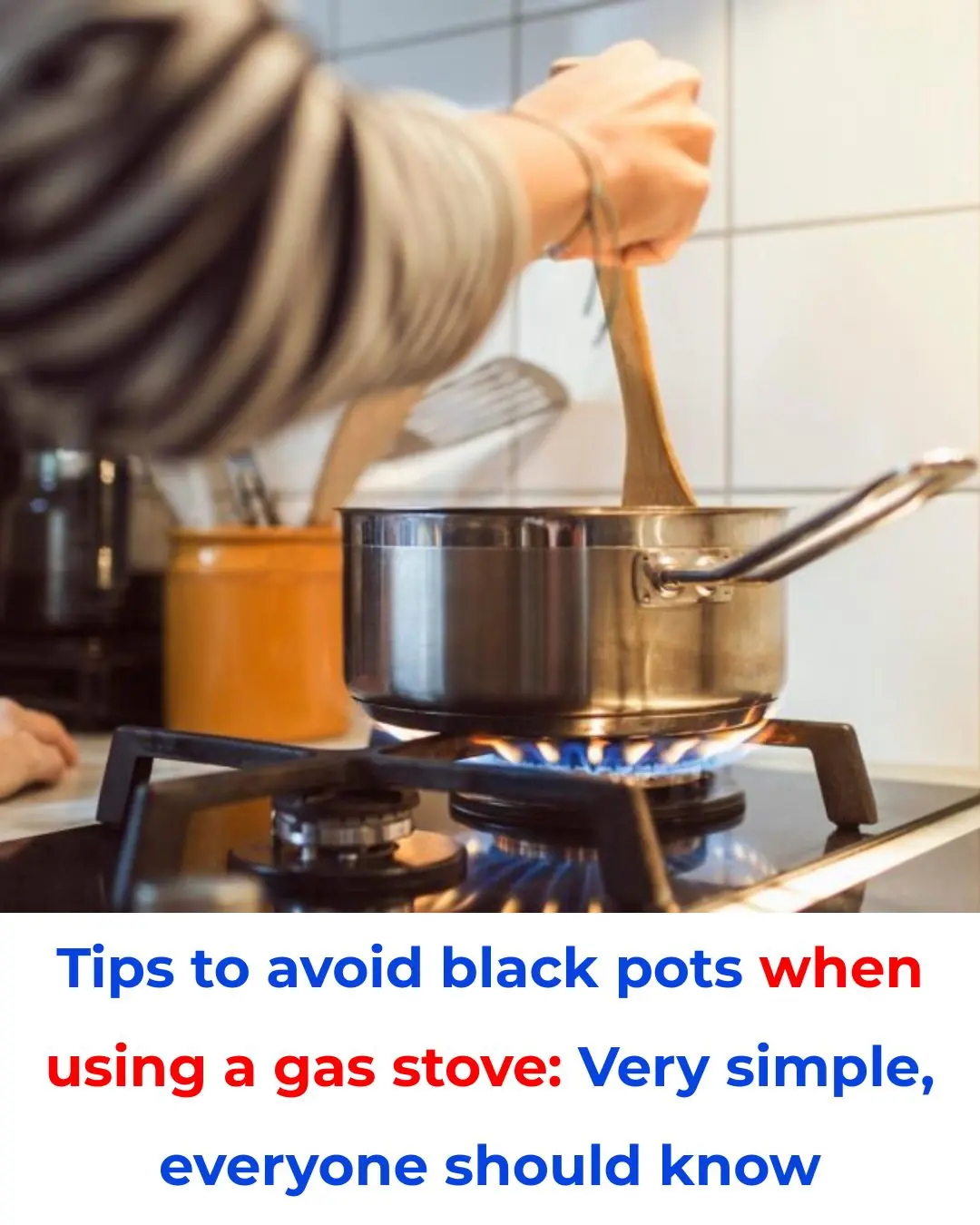
Tips to Prevent Pots from Getting Blackened When Using a Gas Stove: Simple Tricks Everyone Should Know

What Is the Hole on Scissors For? Many Home Cooks Don’t Know This and It’s a Shame!
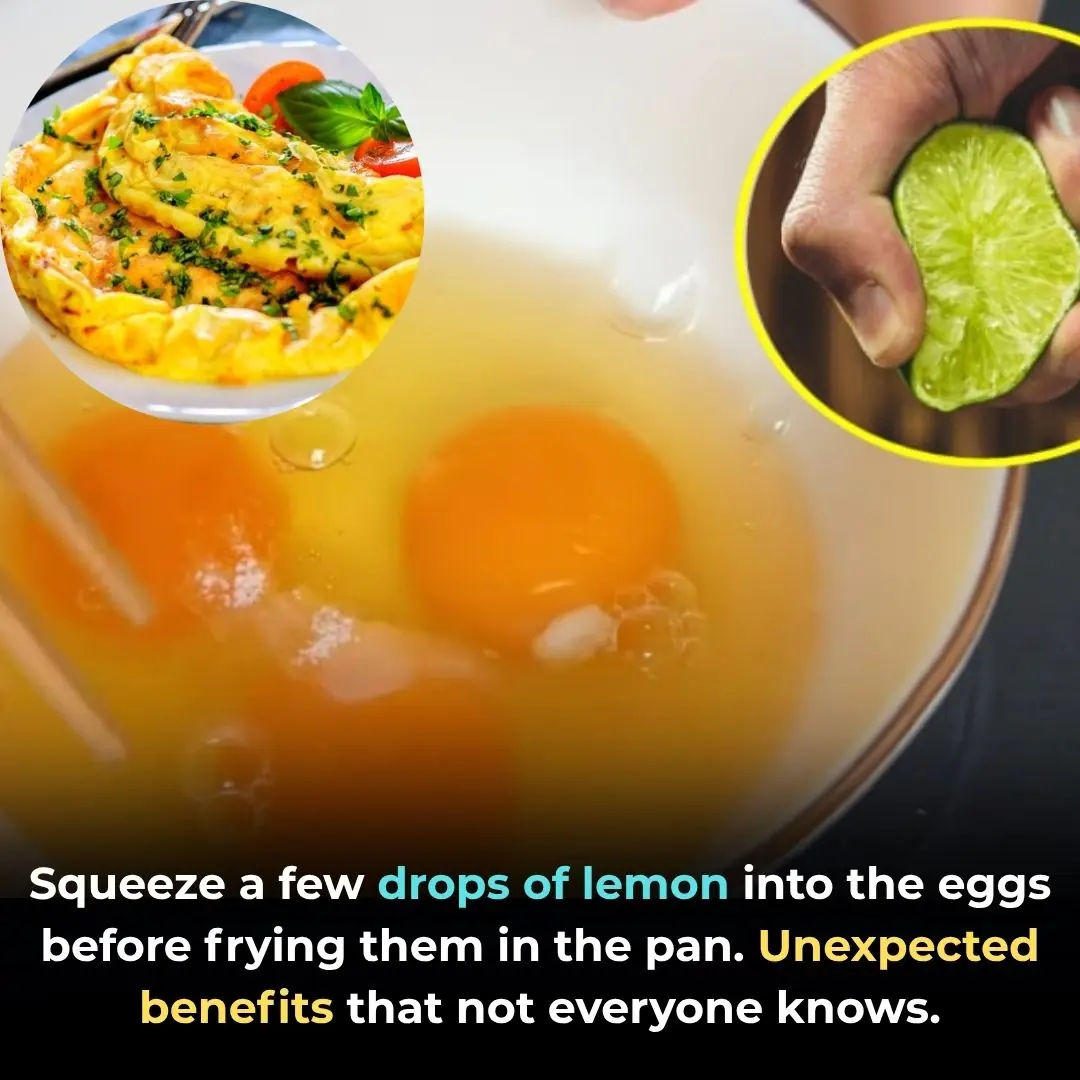
Squeeze a few drops of lemon into the eggs before frying them in the pan. Unexpected benefits that not everyone knows.
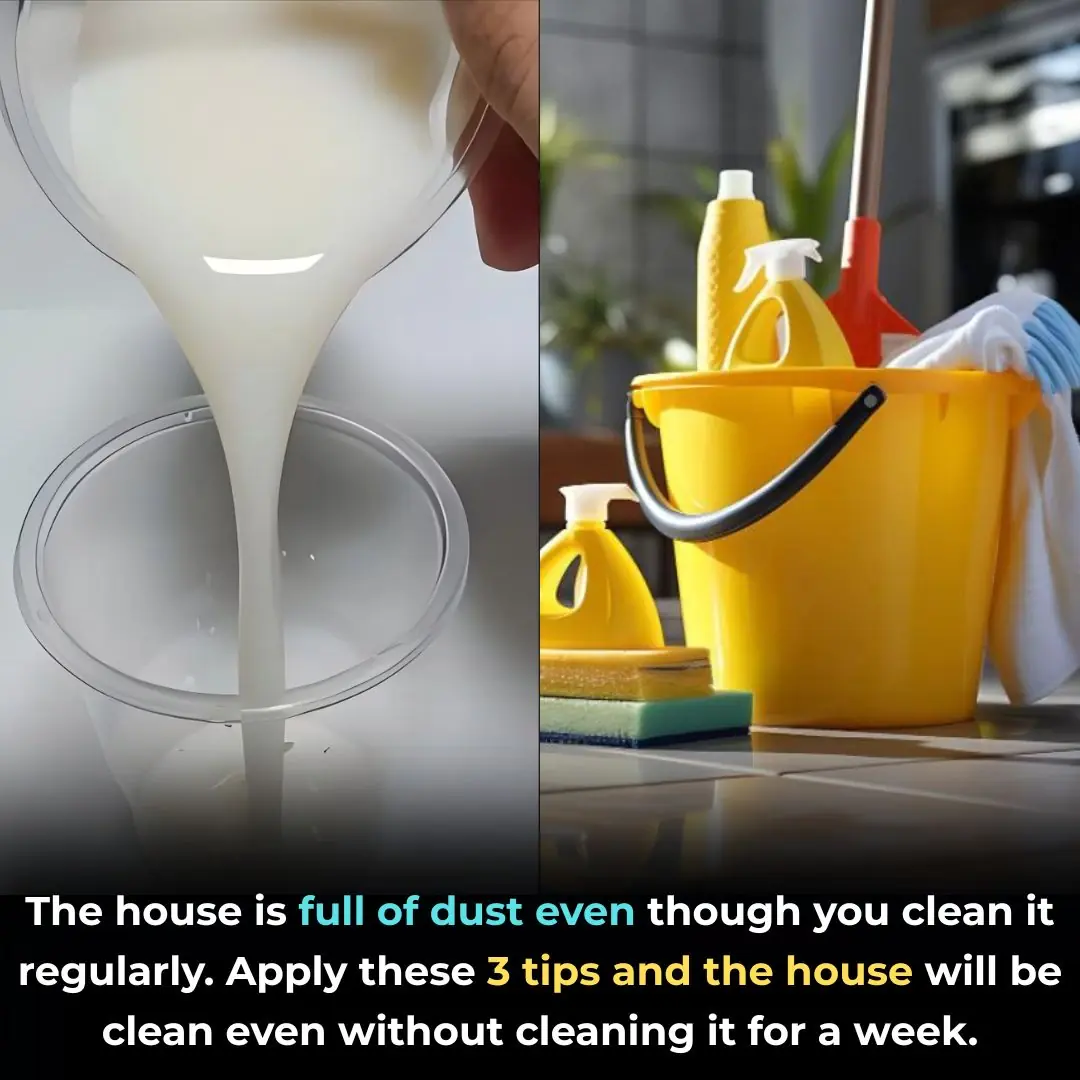
The house is full of dust even though you clean it regularly. Apply these 3 tips and the house will be clean even without cleaning it for a week.
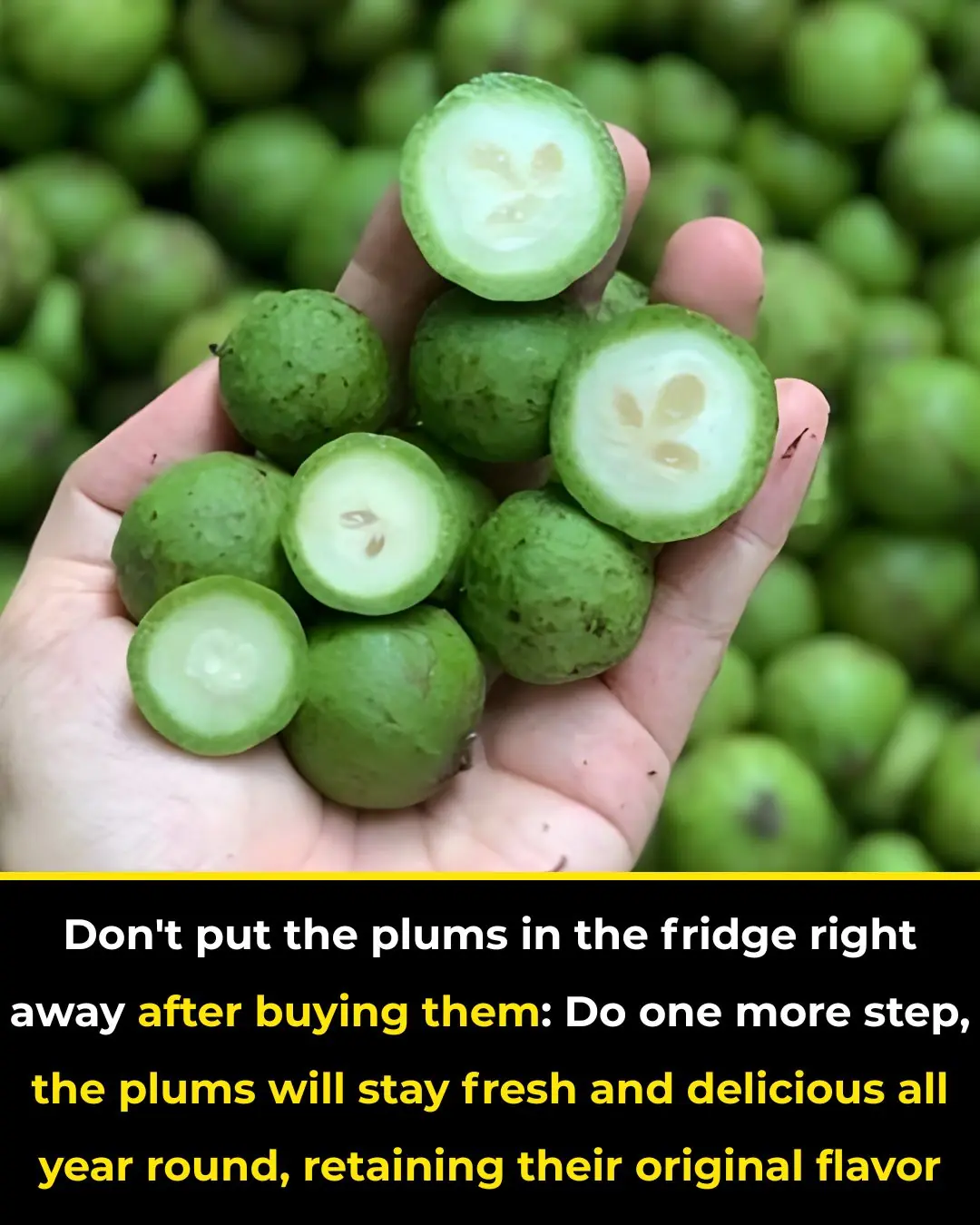
Don't put the plums in the fridge right away after buying them: Do one more step, the plums will stay fresh and delicious all year round, retaining their original flavor.

When filling up gas, don't be foolish enough to say "full tank" or "50k", there are 6 smart ways to save a lot more
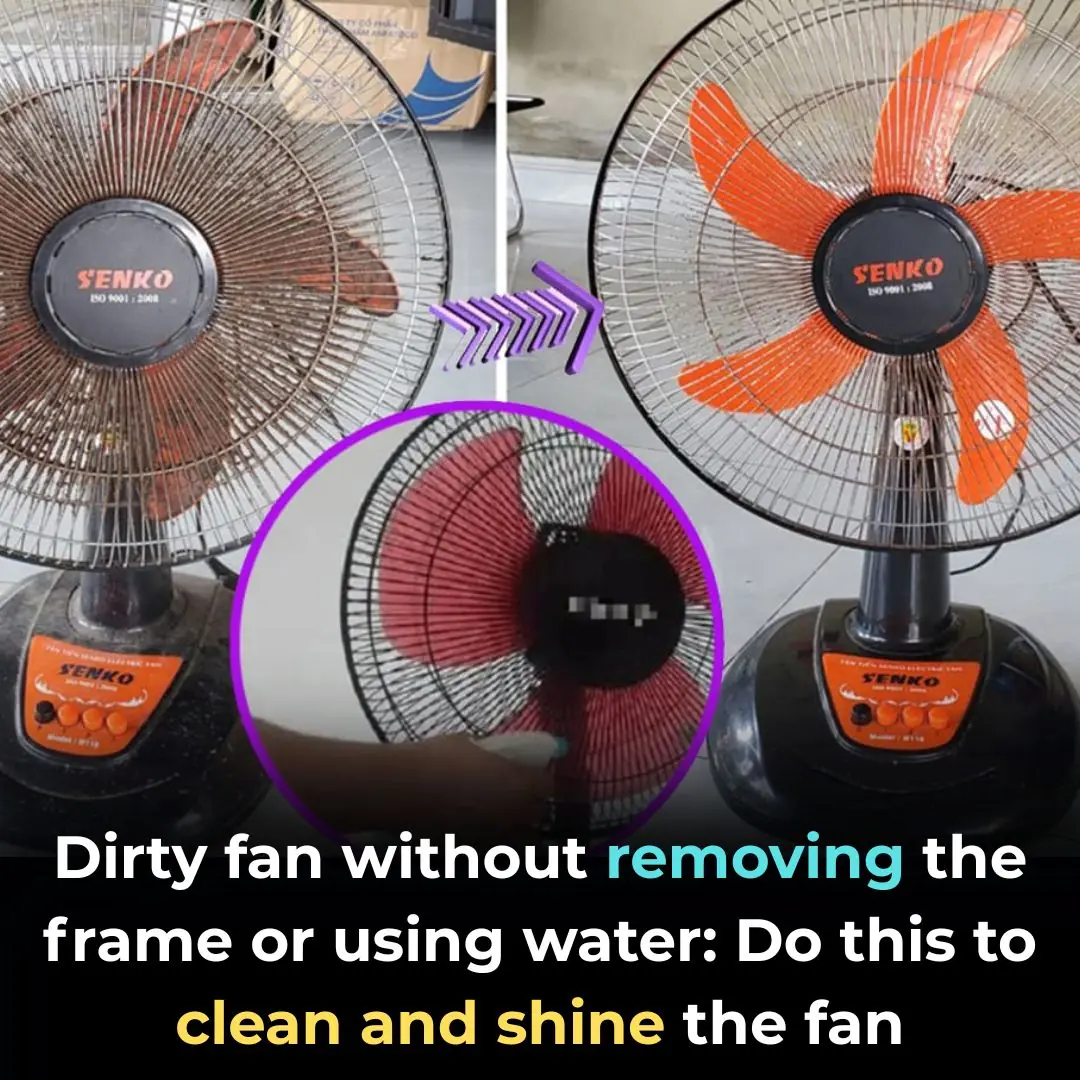
Dirty fan without removing the frame or using water: Do this to clean and shine the fan
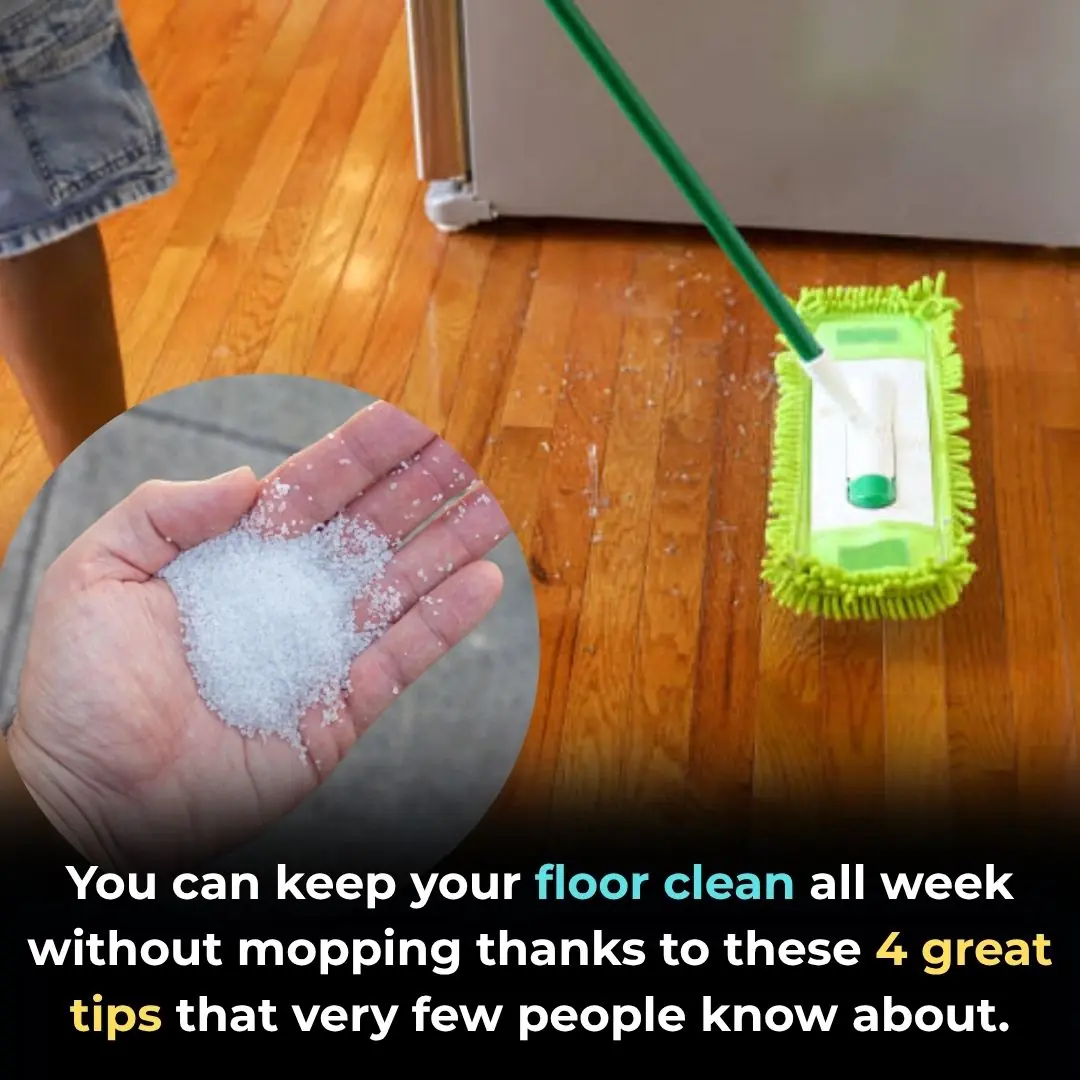
You can keep your floor clean all week without mopping thanks to these 4 great tips that very few people know about.
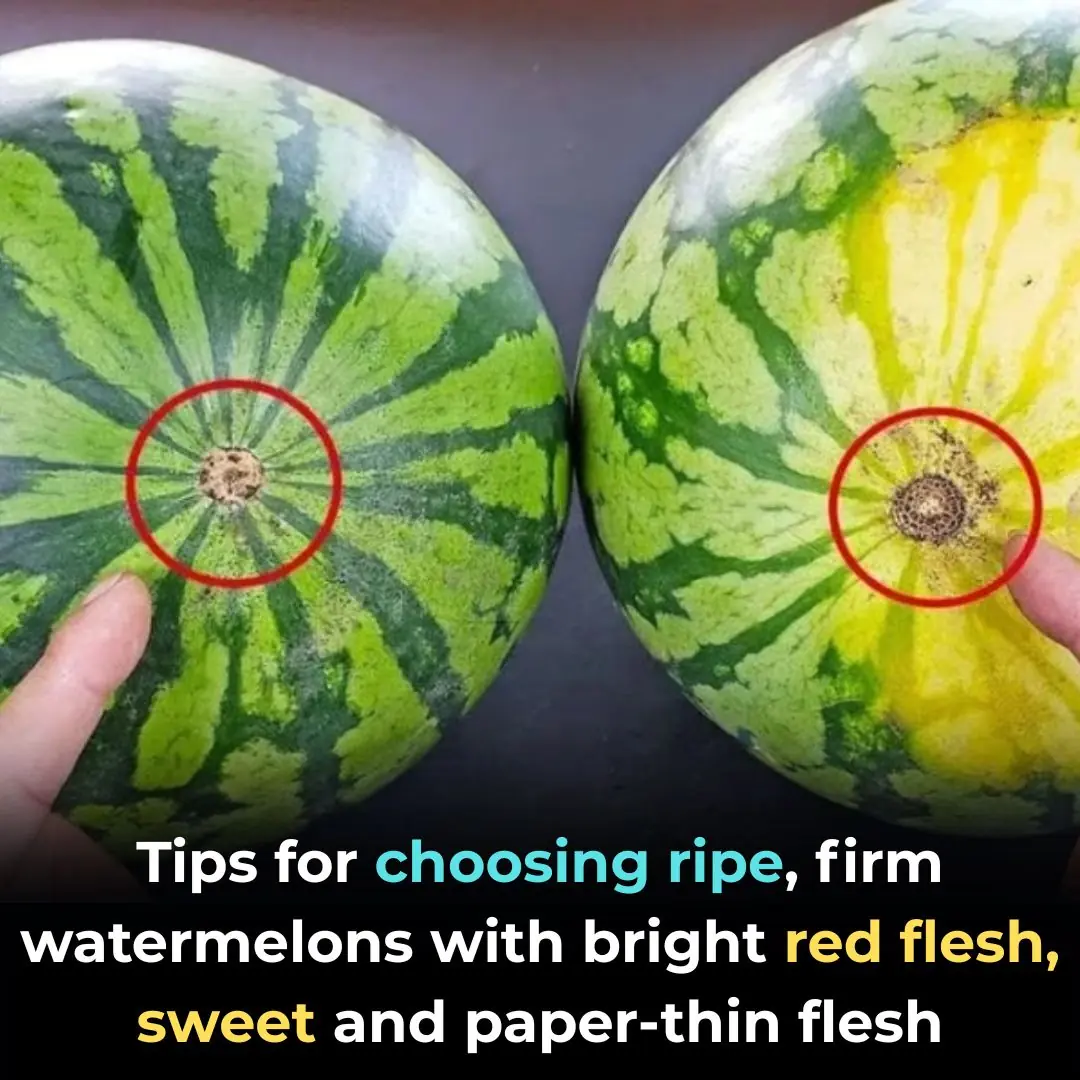
Tips for choosing ripe, firm watermelons with bright red flesh, sweet and paper-thin flesh

How to wash and condition hair with beer to reduce hair loss and stimulate new hair growth
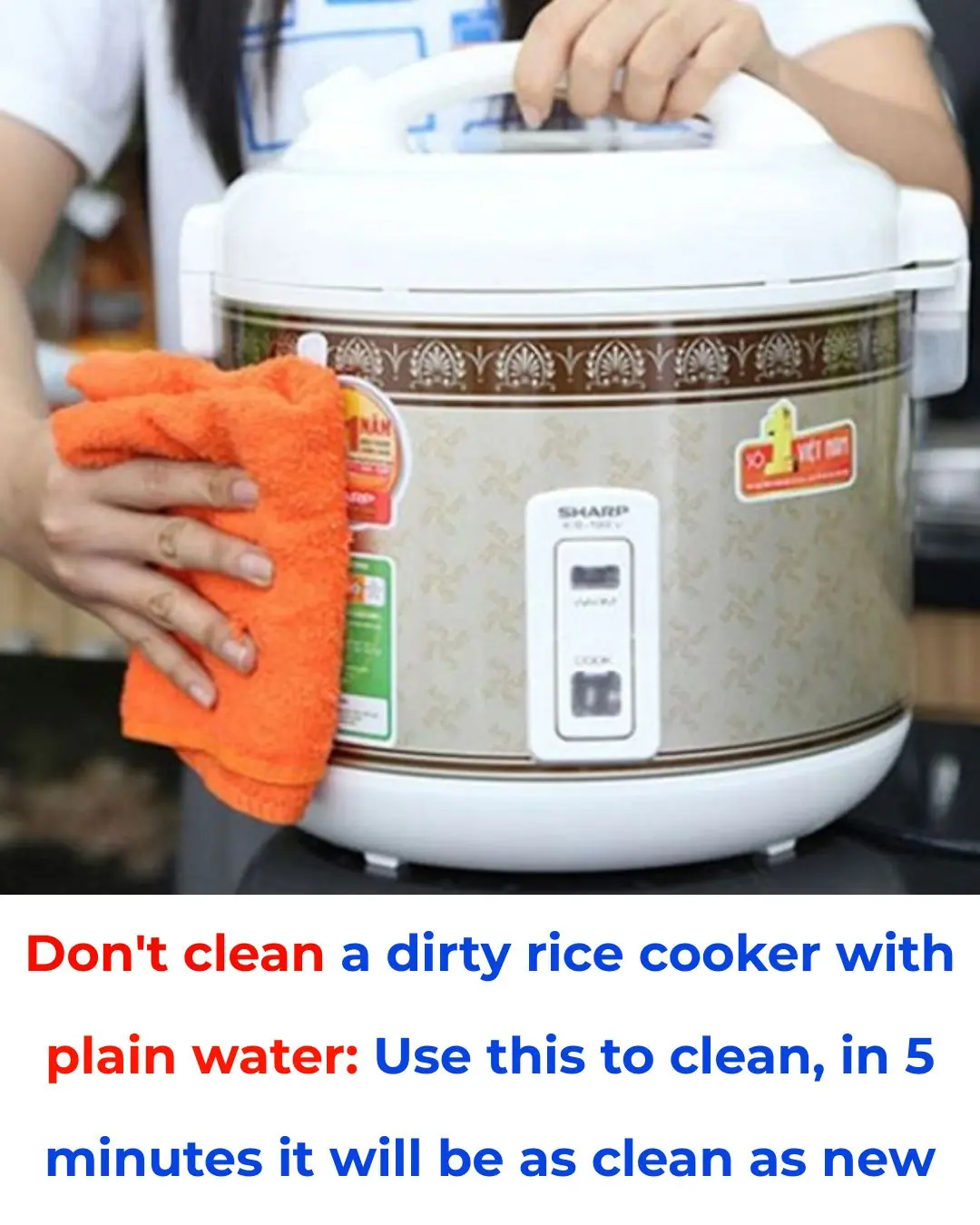
Don’t Clean Your Rice Cooker with Plain Water: Use This Method to Make It Sparkling Clean in Just 5 Minutes
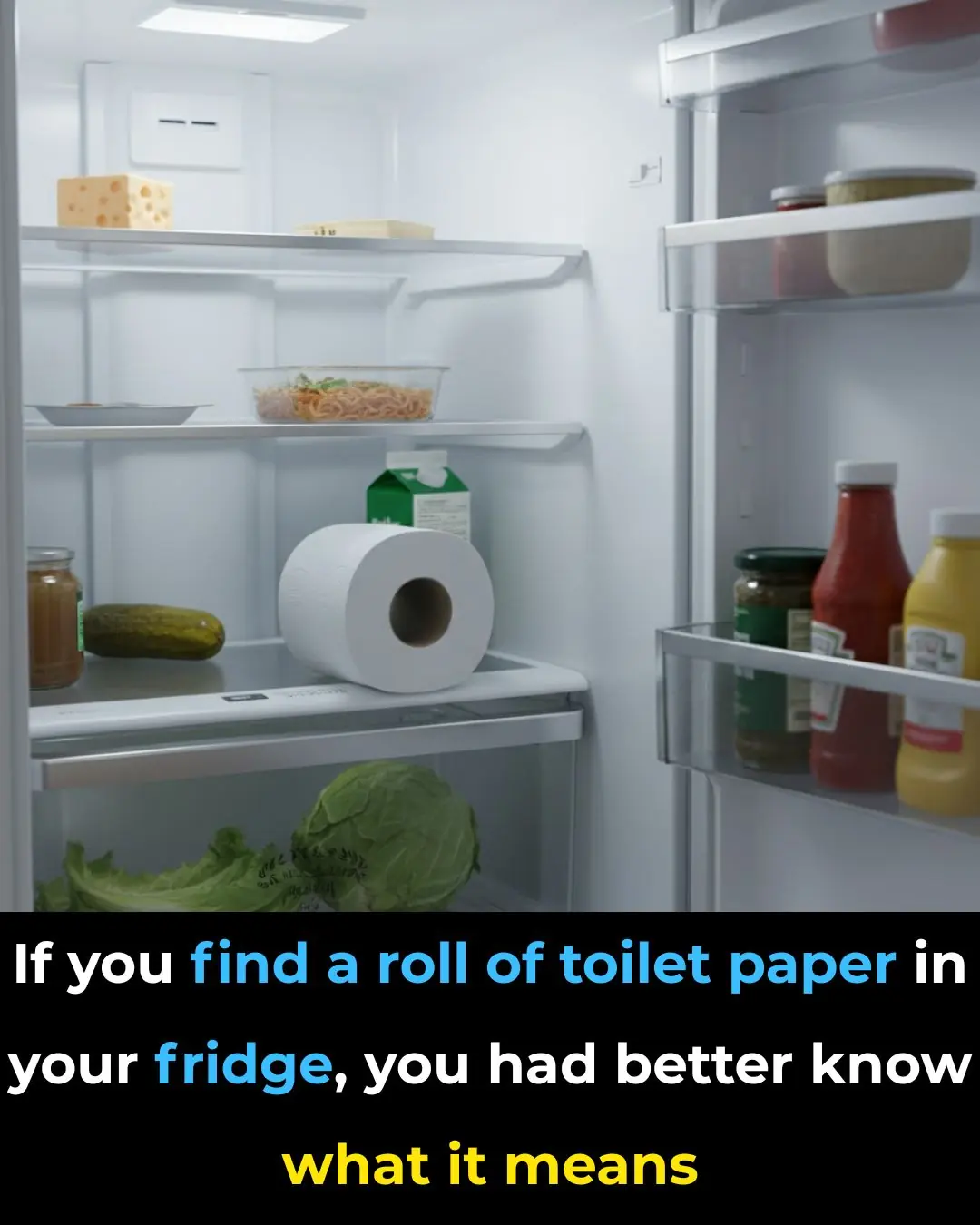
If you find a roll of toilet paper in your fridge, you had better know what it means
News Post

Kova the Polar Bear Becomes First to Benefit from New Marine Mammal Outreach Kit
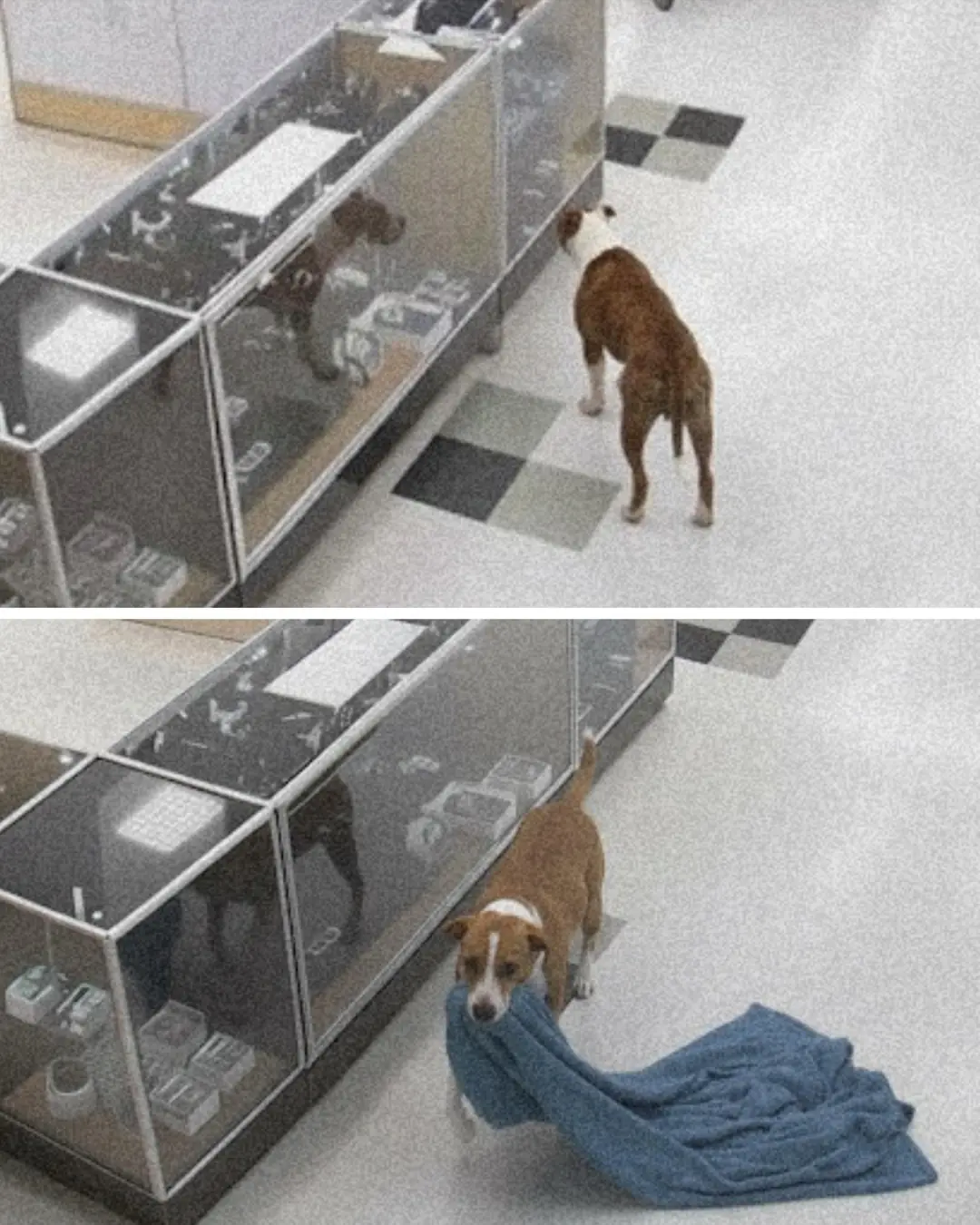
A Blanket Stolen, A Heart Restored: How One Dog Sparked a Wave of Kindness

Choti, the Sleepiest Little Soul of the Sanctuary

The Girl Who Wanted to Fly to the Moon: Lucy’s Brave Battle with Bone Cancer

A Mother’s Plea: Fighting for Alan’s Future

Spots of Joy: The Horse, the Pony, and the Dog Who Became Family

The Silent Hero Who Bought Milk for a Thief.

The Lioness Who Found Freedom: From Captivity to Courage.

The Rescuer Who Brought a Baby Elephant Back to Life

If I owe you for groceries, then you should pay for living in my apartment too,” the wife replied to her enterprising husband.

— The apartment is ours now! My son said so!” — my husband’s parents showed up at the door with suitcases.

A homeless boy paused at a fogged bakery window and whispered, “That’s my mom.” In that breath, the life James Caldwell had welded shut with money and silence came apart like thin glass.

A schoolteacher caught her husband in bed with a younger woman, kicked them both out, divorced him, and later met a great programmer at a resort.

“Let me in—now! This is my son’s home!” the mother-in-law shrieked, pounding on the door.

THE WEDDING SPEECH THAT CHANGED EVERYTHING

— Will you tell my fortune? I’ll grease your palm. The old gypsy woman stared at her in surprise.

My Husband’s Mother Held a Family Council — the Decision Took 3 Minutes, but Life Changed Forever

Daddy, that waitress looks just like Mommy!” The words hit James Whitmore like a shockwave. He turned sharply—and froze. His wife had died.

— “My grandma is coming to stay with us… for a couple of weeks,” Kostya forced out, and Rita realized that pregnancy and the upcoming birth were nothing compared to the nightmare rolling toward them.
